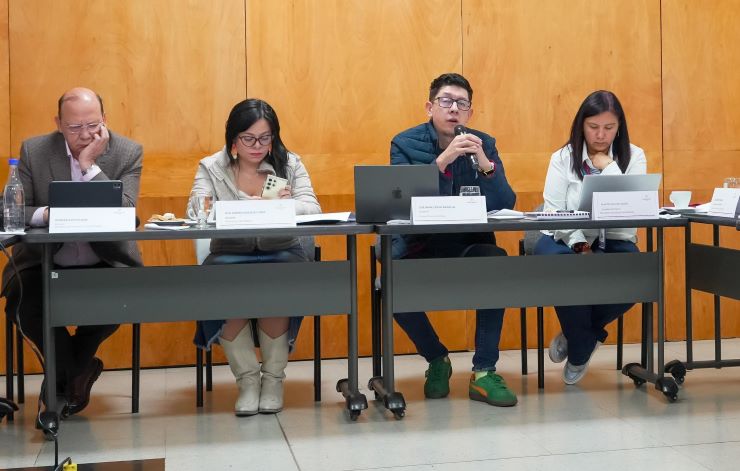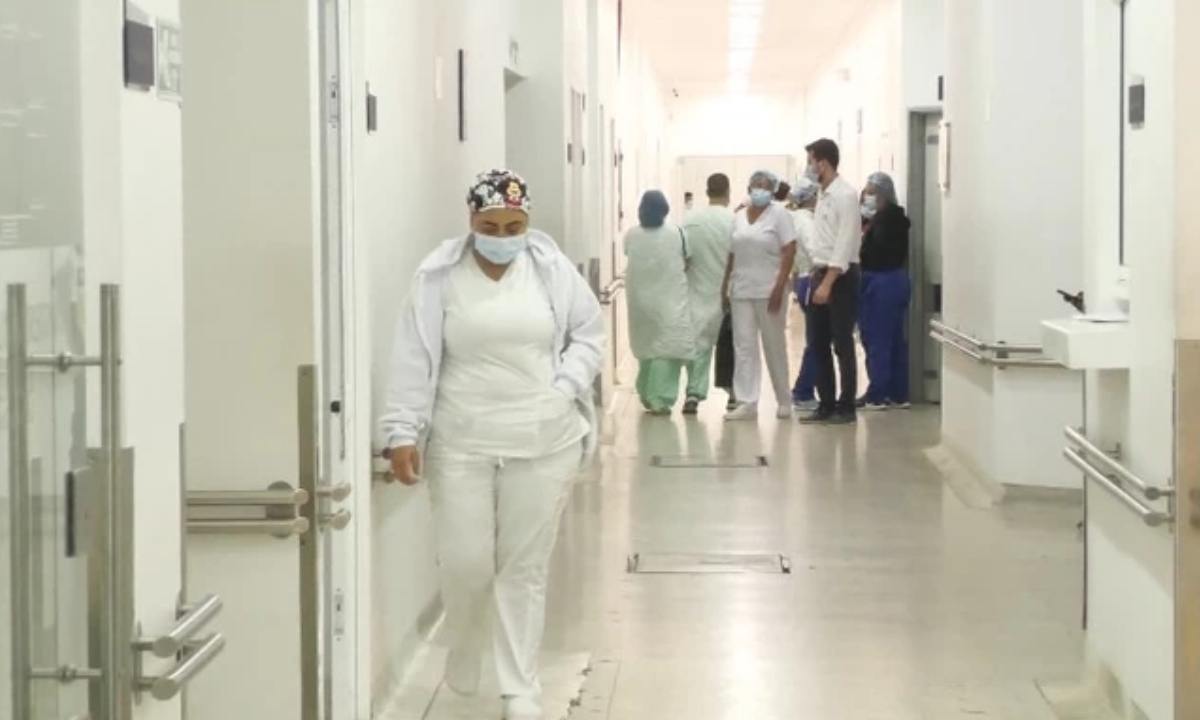The reasons why Fomag decided to shift money from other areas to the teachers' health budget: Was it legal?

A new controversy has engulfed the National Teachers' Social Benefits Fund (FOMAG), after it became known that it transferred funds from its internal reserves to the teachers' health budget. The decision, which was endorsed by the Fund's Board of Directors, generated headlines about an alleged underfunding of the pension system, sparking concern among the country's teachers and, in general, about the various actors involved in the health and social benefits system.
The discussion arose from the Ministry of Finance's failure to release $1.7 billion pesos to fund the new teacher healthcare model. Given this lack of liquidity, according to what Fomag explained to EL TIEMPO, the Finance delegate on the Council suggested using available resources within Fomag itself to cover the emergency while the official disbursement was made.
The proposal was materialized through a letter sent by Aldo Cadena, vice president of the Fund, to the Minister of Education, Daniel Rojas, in his capacity as president of the Board of Directors. The document requested authorization for the incorporation of other available resources to guarantee the continuity of medical services, which ultimately allowed for the pending payments to be made.

Regular meeting of the Board of Directors of the Teachers' Social Benefits Fund. Photo: Ministry of Education
The operation drew criticism because some interpreted the money intended for pensions and severance pay as having been used for healthcare expenses. However, Fomag denied this version in an official statement: "Teacher pensions and severance pay are not at risk. It is false that the Fund's resources are being used to cover alleged deficits in the new healthcare model."
Was it legal to move resources between Fomag items? According to the entity, the transfer was made between internal accounts of the Fund and was intended exclusively to strengthen the health budget, without affecting pension and severance pay resources. According to the Fund, the General Budget Law, the Organic Budget Statute, and the Fomag Budget Manual allow for this type of transaction, provided they are approved by the Board of Directors.
In practice, what Fomag did was a temporary maneuver to resolve a cash flow problem. The funds must be replenished as soon as the Ministry of Finance makes the outstanding transfer of 1.7 trillion pesos. In other words, it functions as an internal loan: Fomag took money it had available in another account to pay for its healthcare needs, while the Ministry of Finance transfers the outstanding 1.7 trillion pesos. "A transfer is made while the funds arrive for other purposes. That's what was done," Cadena explained.

Aldo Cadena, vice president of Fomag. Photo: Mauricio Moreno, El Tiempo
Fomag itself insisted that this was an ordinary procedure, provided for in the regulations. "We don't understand why they are trying to confuse the public when we at Fiduprevisora are using this legal procedure," the statement said.
It's important to note that the Board of Directors, the Fund's highest body, is the only body with the authority to authorize these transfers. The Board of Directors is responsible for the Ministries of Education and Finance, Fiduprevisora, and representatives of the teaching profession. In this case, the letter sent by Cadena to Minister Rojas formalized the request, which received the Board's approval and allowed for the immediate release of the funds.
In this way, it was confirmed that the operation was legal, endorsed by the competent body, and of a temporary nature.
Does teachers' health cost more? Beyond the legal discussion about the movement of resources, Cadena acknowledged that the costs of the teachers' healthcare model have increased in recent months. The reason, he said, is the expansion of coverage and the increased demand for services: "Now it's reaching absolutely every corner of the country because we have many more services to provide. We have a large number of people with chronic illnesses, and that's why spending may increase slightly," he emphasized.
The vice president of Fomag maintained that, precisely to respond to these pressures, immediate liquidity was necessary. "We needed resources, and the transfer was made. This was possible because the law allows it. There is no danger to government resources. It's simply a normal transfer that can be made from one account to another within the entity," he stated.

The Treasury's delay forced the use of internal resources to pay for the health model, said Fomag. Photo: Valle del Cauca Governor's Office
Cadena acknowledged that the lack of information led to misinterpretations and that what was done was legal, but it generated suspicion in the public eye. "As soon as the transfer took place, some said we were bankrupt, that there was no way to pay. But that's not the case: the resources exist, they're guaranteed, and there's no problem," he added.
Environment and Health Journalist
eltiempo





